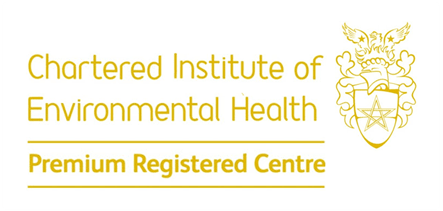Food labels review for entry to the US, EU and UK markets.
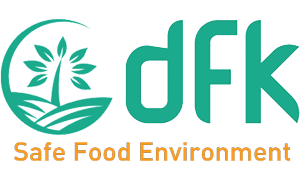

All our courses are available virtually or at a location and time convenient to you.

Welcome to the FSPCA IA Conducting Vulnerability Assessments Participant Course— This course is designed to assist food businesses to comply with the FDA’s Intentional Adulteration (IA) rule (21 CFR Part 121) requirements, part of the Food Safety Modernization Act (FSMA), designed to safeguard the food supply against deliberate tampering.
The Mitigation Strategies to Protect Food Against Intentional Adulteration regulation (referred to as the IA rule) aimed at preventing intentional adulteration from acts intended to cause wide-scale public health harm, including acts of terrorism targeting the food supply. The regulation requires that certain activities must be completed by a “food defense qualified individual” who has successfully completed training in the conduct of a vulnerability assessment (21 cfr 121.4).
This course developed by the FSPCA is the “standardized curriculum” recognized by FDA; successfully completing this course is one way to meet the requirements for a “food defense qualified individual” responsible for conducting a vulnerability assessment.
Upon successful completion of the course, participants will receive an official certificate from the Food Safety Preventative Controls Alliance signed by AFDO (US Association of Food & Drug Officials) by IFSH (Institute for Food Safety & Health) and IFPTI (International Food Protection Institute)
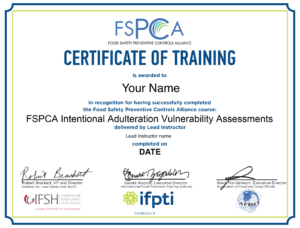

Delivered live, in-person, and/or virtually by Dr Dima Faour-Klingbeil, FSPCA IAVA and PCQI Lead Instructor
Domestic and foreign companies (food exporters) that are required to register with the FDA as food facilities must comply with the IA Rule, unless exempted. See if you are exempted.
The FDA’s IA rule which is the short name for “Mitigation Strategies to Protect Food Against Intentional Adulteration regulation (21 CFR Part 121)” is aimed at preventing intentional adulteration from acts intended to cause wide-scale harm to public health, including acts of terrorism targeting the food supply. Such acts, while not likely to occur, could cause illness, death, economic disruption of the food supply absent mitigation strategies.
Rather than targeting specific foods or hazards, this rule requires mitigation (risk-reducing) strategies for processes in certain registered food facilities and that certain activities must be completed by a “food defense qualified individual.”
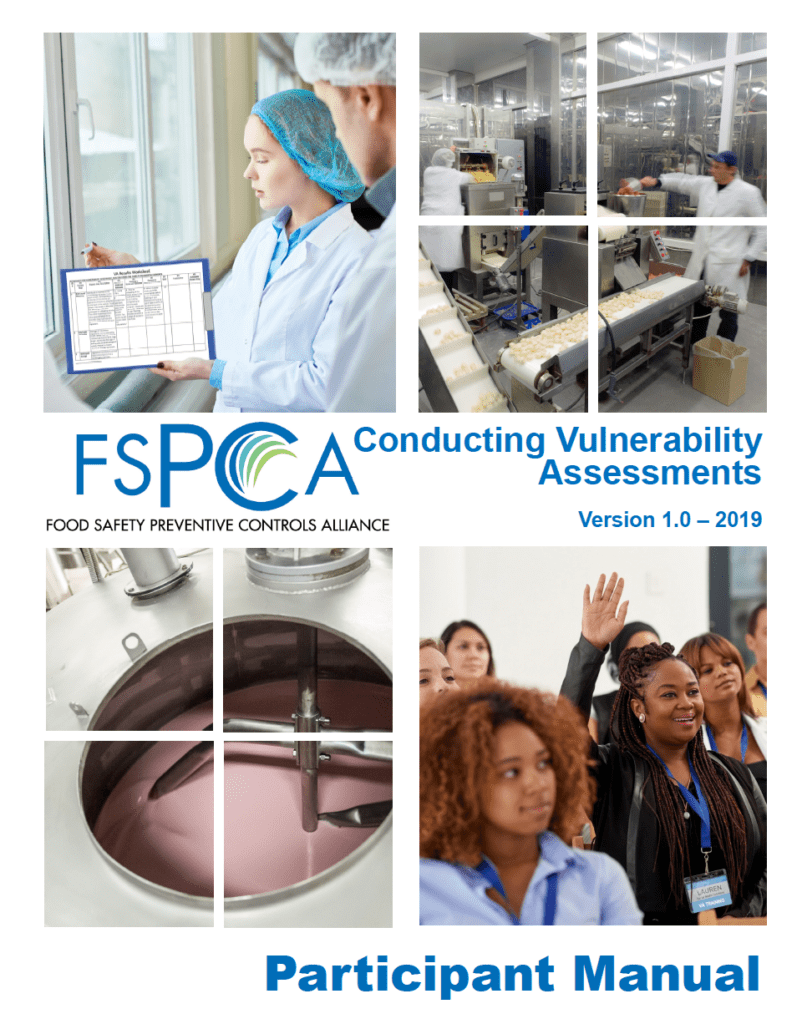
Get in touch to chat about this ! I can assist you to ensure compliance with the FSMA rules in several ways: free consultation for straightforward inquiries, gap analysis, Food Safety Plan revision and evaluation, private PCQI training and others.
Conducting a vulnerability assessment is a critical component of developing a food defense plan, which is a requirement under the FSMA rule “ Mitigation Strategies to Protect Food Against Intentional Adulteration” (21 CFR Part 121).
Successfully completing this course is one way to meet the requirements for a “food defense qualified individual” responsible for conducting a vulnerability assessment.
The FSPCA IA Conducting Vulnerability Assessments Participant Course will equip participants with the tools to assess and address vulnerabilities in food production processes that could be exploited for intentional adulteration, such as acts of terrorism or sabotage. These acts could result in adverse health consequences and death, and economic disruption of the food supply.
Participants will gain expertise in applying the FDA's three key elements of vulnerability assessment, learning about the different methods employed in determining the overall vulnerability of a food operation and identifying actionable process steps.
This comprehensive curriculum not only equip the participants with the tools to meet the regulatory requirements outlined in the FSMA Mitigation Strategies to Protect Food Against Intentional Adulteration (IA) regulation (21 CFR Part 121) but also positions them as a "food defense qualified individual."
Upon successful completion of the course, participants will receive an official FSPCA certificate.
This course is ideal for members of domestic and foreign companies (food exporters) that are required to register with the FDA as food facilities and must comply with the IA Rule:
Two potential methods can be used to conduct vulnerability assessement, the Key Activity Type (KAT) and/or the Three Fundamental Elements methods. If you conduct your vulnerability assessment using the KAT method with no modifications, you should consider completing the FSPCA IA Conducting Vulnerability Assessments Using Key Activity Types course and may not need the training provided in this course.
However, if you use any modifications to the KAT method or plan to use the Three Fundamental Elements method, then this course would provide valuable insights.
By completing this course, you will:
This is a participant-driven course that combines expert instruction with practical exercises. The course is offered in a variety of formats to suit your needs:
Upon successful completion of the course, participants will receive an official certificate from the Food Safety Preventative Controls Alliance signed by AFDO (US Association of Food & Drug Officials) by IFSH (Institute for Food Safety & Health) and IFPTI (International Food Protection Institute).
The FSPCA Intentional Adulteration Conducting Vulnerability Assessments using Key Activity Types course before attending the in-person FSPCA Intentional Adulteration (IA) Vulnerability Assessments course. This is an online course provided by the FSPCA.
And the two free online courses:

This PCQI course covers all aspects of preventive controls, hazard analysis, and risk-based strategies required under FSMA Preventive Controls rule.This course is the standardized curriculum recognized as adequate by the FDA.
Get in touch to chat about this ! I can assist you to ensure compliance with the FSMA rules in several ways: free consultation for straightforward inquiries, gap analysis, Food Safety Plan revision and evaluation, private PCQI training and others.
Dima completed her assignment successfully and timely providing an informative report and participated actively in enriching discussions during a related Expert Group Meeting. She is among the best consultants we have had the privilege to work with in recent years.
Dr. Faour-Klingbeil contributed to our project by highlighting the gaps and identifying areas for improvement and development in the standards and criteria of the Quality Mark application. We highly recommend her as a skillful consultant.
Thank you once again for your input and the tips. I really enjoyed the training and I feel well prepared to implement the missing parts to be fully compliant
Dima did a great job, the training was very interesting!
Interesting and helpful discussions! Thank you for the professional PCQI training
I enjoyed the three days in the PCQI training. You did it very well and explained it so good that everyone could understand
Thanks Dima for the PCQI training. The explanations and references you have given, will be helpful to improve our Food Safety Plans.
I recommend the PCQI training. I really appreciate the clear explanation of the terms and a lot of examples.
I like Dima´s checking in on the participants during the course to really make sure that they follow and grasp the concepts discussed. Lots of practical examples are given and make it easier to translate the often "dry matter"
Very clear explanation of the requirements for PCQI. We have had good and helpful discussions during this training.
I do recommend this course for QA peoples with general kowledge in HACCP. Not having a certified HACCP (according to IFS or others) isn't a handicap. I have joined this online training and presentation has been well prepared and clearly communicated. Also assessments in groups has been well organized
It was a nice insight into FDA requirements and regulations as well as good communicated by Dima. She is clearly a professional on this topic and can answer questions very well while also mentioning examples that are easy to understand. The challenge of doing this class online was mastered and presented in an interactive way to the given circumstances.
Dima has been a perfect trainer. It was a very useful training with a great oveview on the whole topic - clear intructions and clear understanding of the FDA requirements.
One of the best training in my life. Intense and very instructive and exciting.
Excellent PCQI course with very detailed topics and excellent examples.
If we have a need, we will be happy to contact Ms. Faour-Klingbeil as a consultant
Many thanks to this nice training! I got many useful information needed for this topic
Thanks so much for your very valuable training. I really enjoyed it, and appreciated that you made it fun! I feel much better prepared to deal with uncomfortable issues. Thank you for experience and personable presentation. Good course setup, nice trainer and good group discussions.
Dima is an outstanding trained and very patient instructor. Her interdisciplinary knowledge is impressive. She was very encouraging and answered all questions in a precise way. I surely will keep her contact details for further trainings.
The PCQI course was a very intense 2.5-day course to get a good overview and a feeling for establishing a food safety plan. I also got the impression, that the course leader (Dima) is an absolute expert on this field.
Great instructor and trainer! giving a lot of examples and taking her time to answer the individual questions.
The lead instructor Ms. Faour-Klingbeil is well-prepared person and has a lot of knowledge in regard to the subject.
Dima is really skilled. Interesting course to attend for any PCQI!
Interactive training with a highly motivated and knowledgeable instructor. Great materials, including links to current regulation texts for each topic.
I highly recommend this course with Dima Faour-Klingbeil. She provides really good training material and clear explanations with many examples. She manage to provide a really interesting course that I was pleased to follow until the end!
Participating in this PCQI training you definitely deal with an extraordinary trainer. Dima has a real expert status.
Mrs. Dima Faour-Klingbeil is a great Teacher. She is very clear during the explanation. Always she tries to add examples in order to make it easier. It was a pleasure working together with her and learning about this regulation.
Dima is a very professional trainer and instructor and is perfect for explaining sometimes difficult requirements in easy-to-understand sentences. Very useful training, very helpful, good trainer! We appreciate working with her.
The lead instruction showed a broad knowledge of the FDA regulations, shared additional support links, and encouraged all participants to a lively discussion.
Dima is an amazing instructor. The way she conducted the course kept me engaged, even on the longest days of training. She is always open to questions and discussions, and her interactive approach makes learning enjoyable
I have really appreciated this course experience having Dima as instructor. She provided a well structured & interactive training, focusing on direct practicing of main learning points. She also provided a lot of material for future use & implementation of course learnings
Thank you Dima for making this course interesting and interactive! Keep it up!
Food labels review for entry to the US, EU and UK markets.
In-house FSPCA PCQI training
Online FSPCA PCQI Training – Roal Oy, Finland
Online private FSPCA PCQI Training – Novolyze, France
In-house PCQI Training – Holzminden, Germany
In-house FSPCA PCQI Training – Prosgrunn, Norway
FSMA GAP Analysis – Vienna, Austria
In-house FSPCA PCQI Training for LeRo Food GmbH & Co. KG – Leipzig, Germany
In-house FSPCA PCQI Training for Nestle Deutschland AG – Osthofen, Germany
In-house FSPCA PCQI Training for DMK Eis – Everswinkel, Germany
In-house FSPCA PCQI Training for Freiberger Lebensmittel – Berlin, Germany
In-house FSPCA PCQI Training for selected staff in August Storck KG – Berlin, Germany
Instructor-Led Online PCQI
Instructor-Led Online PCQI
Instructor-Led Online PCQI training
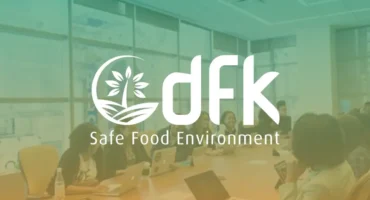 Read more +29 August 2021 By Dr Faour Klingbeil in Food safety and trade
Read more +29 August 2021 By Dr Faour Klingbeil in Food safety and trade Read more +08 October 2020 By Dr Faour Klingbeil in FSMA
Read more +08 October 2020 By Dr Faour Klingbeil in FSMA Read more +24 March 2023 By Dr Faour Klingbeil in Food safety and trade
Read more +24 March 2023 By Dr Faour Klingbeil in Food safety and trade
